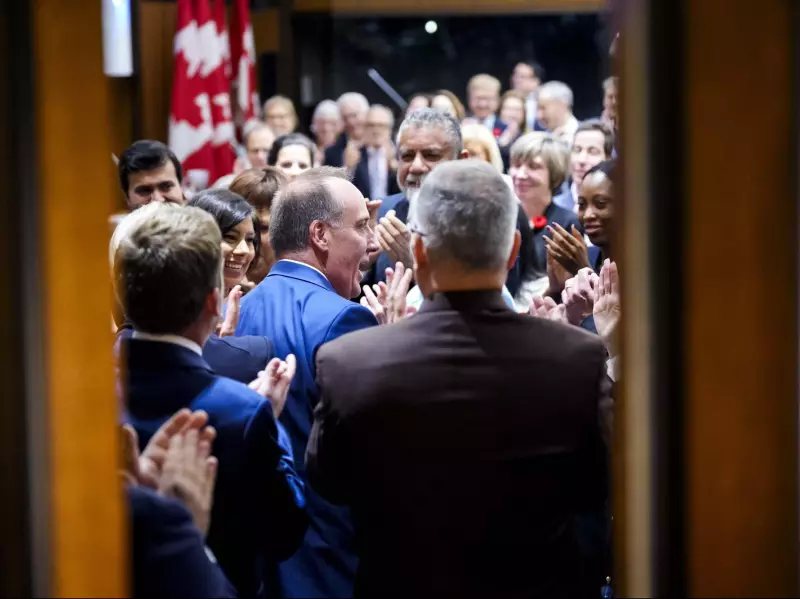
In a political maneuver that has sent shockwaves through Nova Scotia's legislative landscape, Conservative MP Chris d'Entremont has officially crossed the floor to join the province's Progressive Conservative caucus. This strategic defection comes amid ongoing debates about parliamentary representation and party alignment.
The Defection That's Redefining Political Alliances
d'Entremont's move represents more than just a simple party switch—it's a calculated political statement about the evolving nature of conservative politics in Atlantic Canada. The veteran parliamentarian has long been a prominent voice in Nova Scotia's political scene, making his departure from the federal Conservative caucus particularly significant.
Parliamentary Precedent or Political Opportunism?
While opposition critics have been quick to label the move as opportunistic, political analysts note that such defections have historical precedent in Canadian politics. The transition raises important questions about how elected officials balance party loyalty with constituent representation.
"This isn't about abandoning principles," d'Entremont explained in his statement. "It's about ensuring that Nova Scotia's interests are properly represented within the conservative movement."
The Impact on Nova Scotia's Political Landscape
The defection comes at a critical juncture for both federal and provincial conservative parties. As the Progressive Conservatives gain a seasoned parliamentarian, the federal Conservatives must reassess their strategy in Atlantic Canada.
- Strengthens Nova Scotia PC caucus with federal experience
- Raises questions about conservative unity in Atlantic Canada
- Could influence upcoming provincial political strategies
- Demonstrates ongoing realignment within conservative politics
What This Means for Future Political Defections
Political observers are watching closely to see if d'Entremont's move will inspire similar actions among other parliamentarians. The defection highlights the fluid nature of political affiliations in Canada's parliamentary system and underscores how regional considerations often trump party loyalty.
As one political scientist noted, "In Canadian politics, sometimes the most interesting developments happen not during elections, but in the spaces between them."





